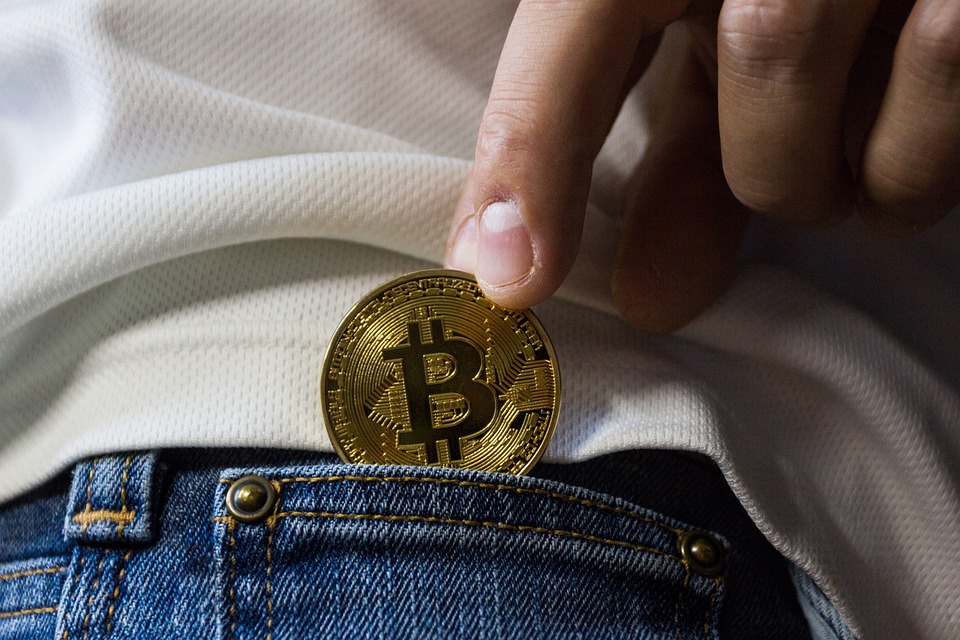As the digital age progresses, cryptocurrencies like Bitcoin have gained immense popularity. With their potential for high returns, they have attracted millions of investors globally. However, this surge in interest has also given rise to a troubling phenomenon: Bitcoin phishing scams. These scams are designed to deceive users into divulging sensitive information or transferring funds to malicious entities. Protecting your investments and personal data is paramount. Here are effective measures to safeguard yourself against Bitcoin phishing scams.
Understanding Bitcoin Phishing Scams
Phishing is a fraudulent scheme where attackers impersonate legitimate entities to trick individuals into revealing sensitive information such as passwords, keys, and financial details. In the cryptocurrency world, phishing scams can take various forms, including:
-
Fake Websites: Scammers create websites that mimic legitimate cryptocurrency exchanges or wallets. Unsuspecting users enter their account credentials, inadvertently handing over access to their funds.
-
Phishing Emails: These messages often appear to be from reputable sources, urging recipients to reset passwords or confirm account details. Clicking on malicious links can lead to compromised accounts.
-
Social Engineering: Attackers might contact users directly via social media or messenger apps, posing as support representatives to convince them to provide sensitive information.
- Malware and Keyloggers: Some scams involve malicious software that records keystrokes, capturing sensitive information entered by the user.
Effective Measures to Protect Yourself
-
Verify URLs Before Interacting: Always check the URL of the website you are visiting. Ensure it starts with "https" and contains the correct domain name. Phishing sites often have slight misspellings or different domain endings (e.g., .net instead of .com).
-
Use Two-Factor Authentication (2FA): Enable 2FA on your cryptocurrency accounts whenever possible. This adds an additional layer of protection, requiring a second form of identification beyond just your password.
-
Be Cautious with Emails and Links: Avoid clicking on links in unsolicited emails or direct messages. Instead, navigate directly to the official website through your browser. Additionally, look for signs of phishing emails, such as poor grammar, unusual sender addresses, or alarming language.
-
Install Security Software: Use reputable security software that includes features to detect phishing attempts and block malware. Keep this software updated to protect against emerging threats.
-
Educate Yourself About Scams: Stay informed about the latest scams and tactics employed by cybercriminals. Awareness is one of the most powerful tools you can utilize. Follow cryptocurrency news, subscribe to alerts from reputable exchanges, and join community forums where members share experiences.
-
Verify Communication: If you receive a message claiming to be from an exchange or wallet service, verify its authenticity. Contact the company through official channels to confirm any claims made in the communication.
-
Use Hardware Wallets: For long-term storage of your cryptocurrencies, consider using a hardware wallet. These devices store your private keys offline, making them less susceptible to online attacks.
-
Be Skeptical of Too-Good-To-Be-True Offers: If an investment opportunity seems too good to be true, it often is. High returns with minimal risk are hallmarks of scams. Conduct thorough research before investing in any new project or cryptocurrency.
- Regularly Monitor Your Accounts: Periodic checks on your cryptocurrency accounts can help detect unauthorized transactions early. Report any suspicious activity immediately.
Conclusion
As interest in Bitcoin and other cryptocurrencies continues to grow, so do the risks associated with them. By adopting proactive measures and staying informed, you can significantly reduce your vulnerability to Bitcoin phishing scams. Remember that in the world of cryptocurrency, vigilance is key. Protect yourself and your assets by staying educated, skeptical, and cautious in your online interactions. Guarding your wallet isn’t just a precaution—it’s a fundamental part of navigating the digital finance landscape safely.


